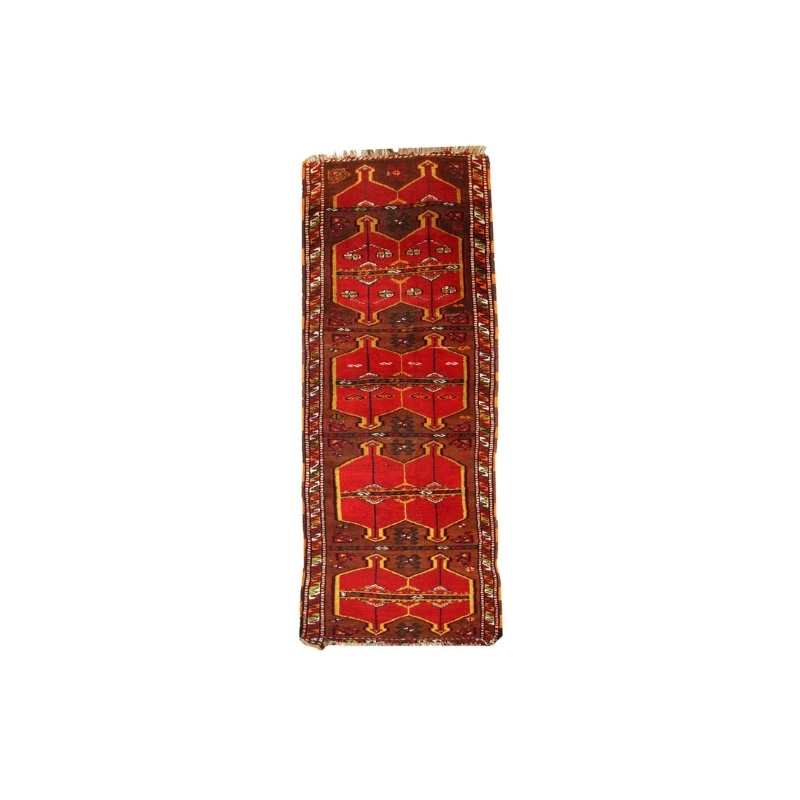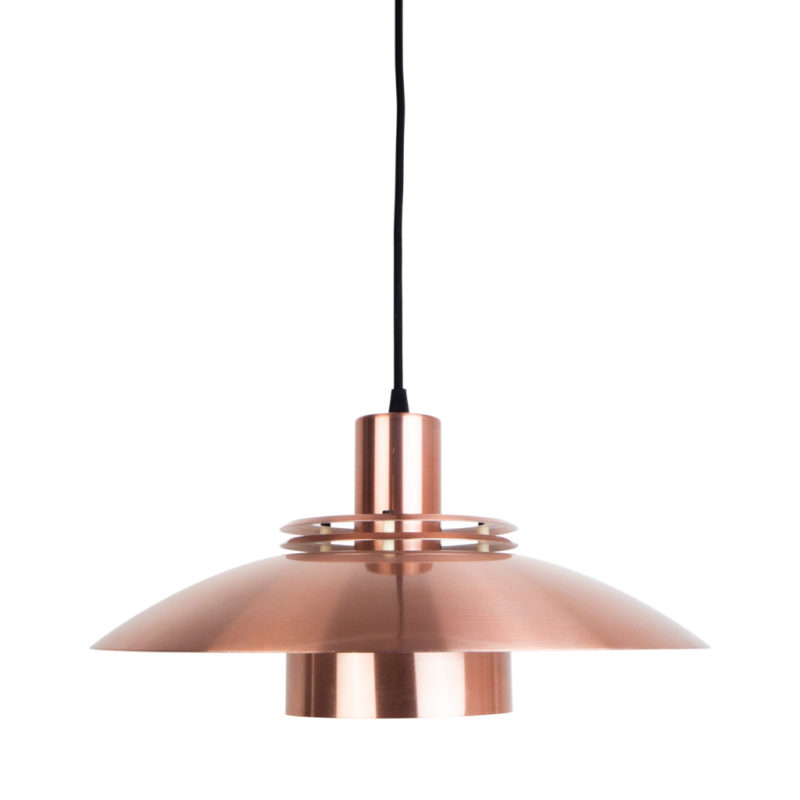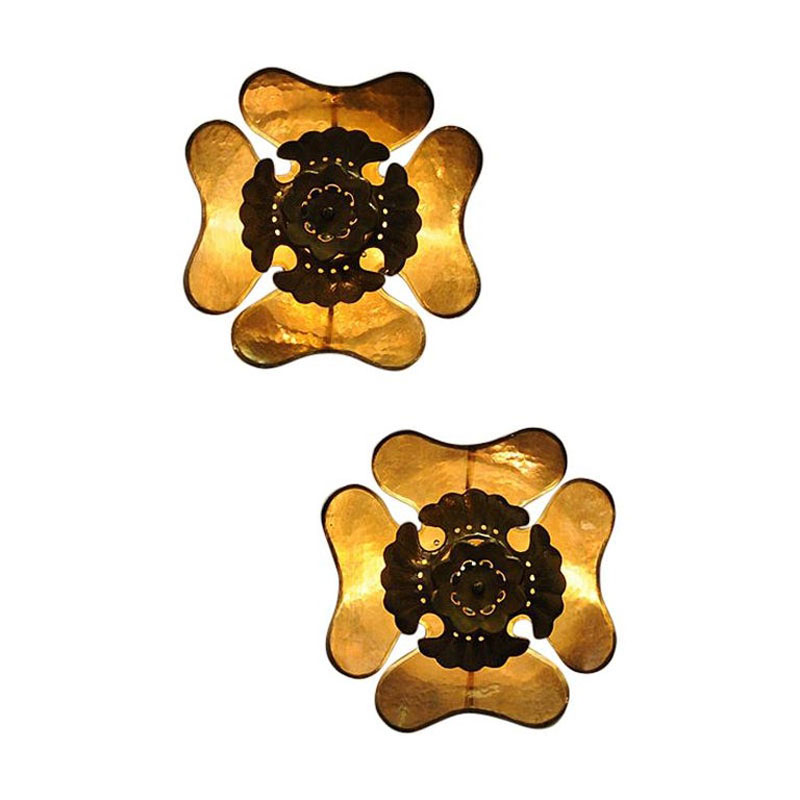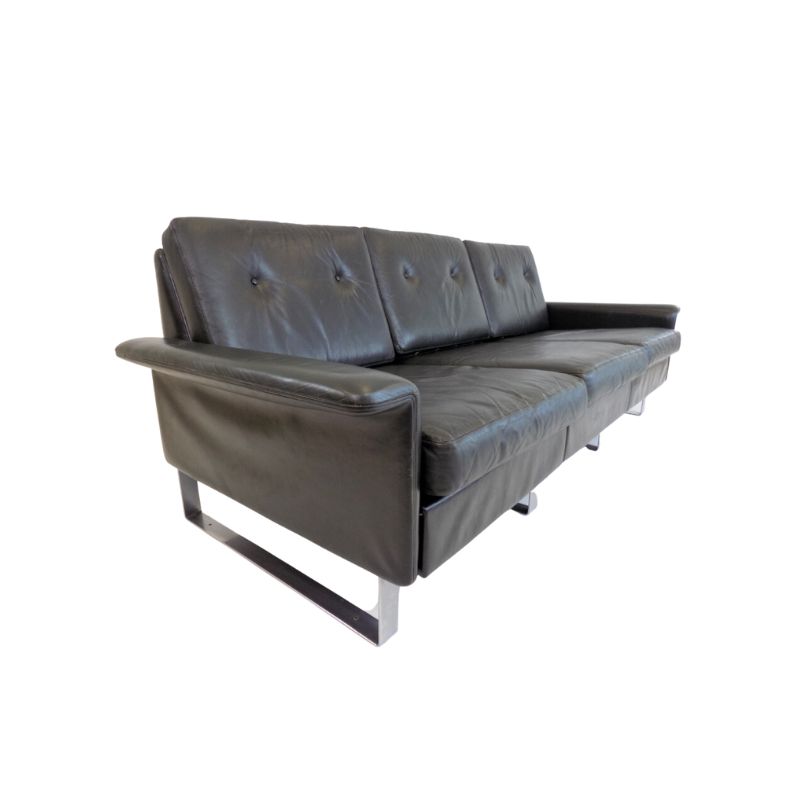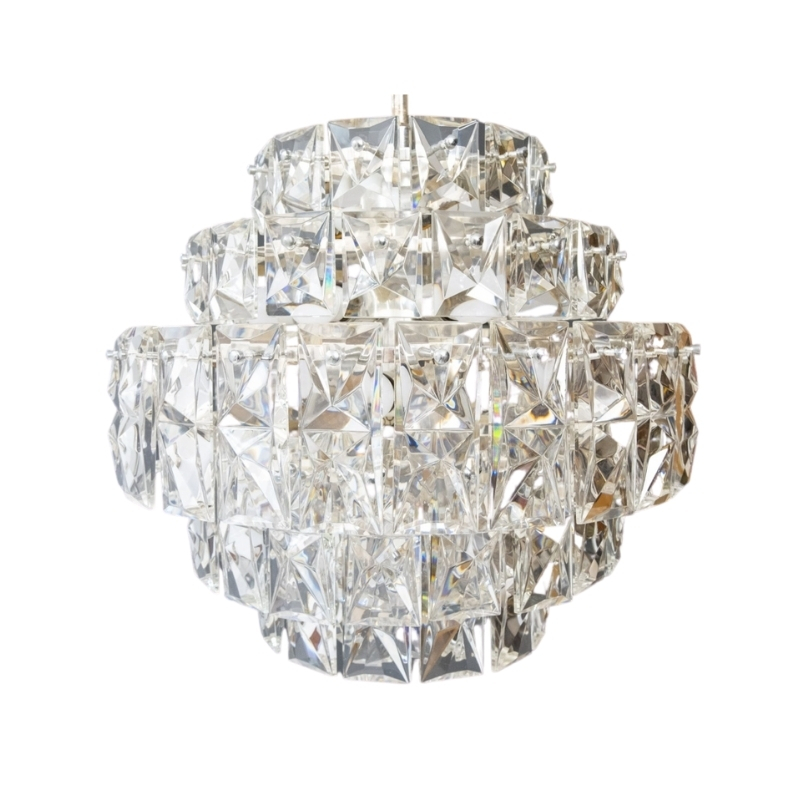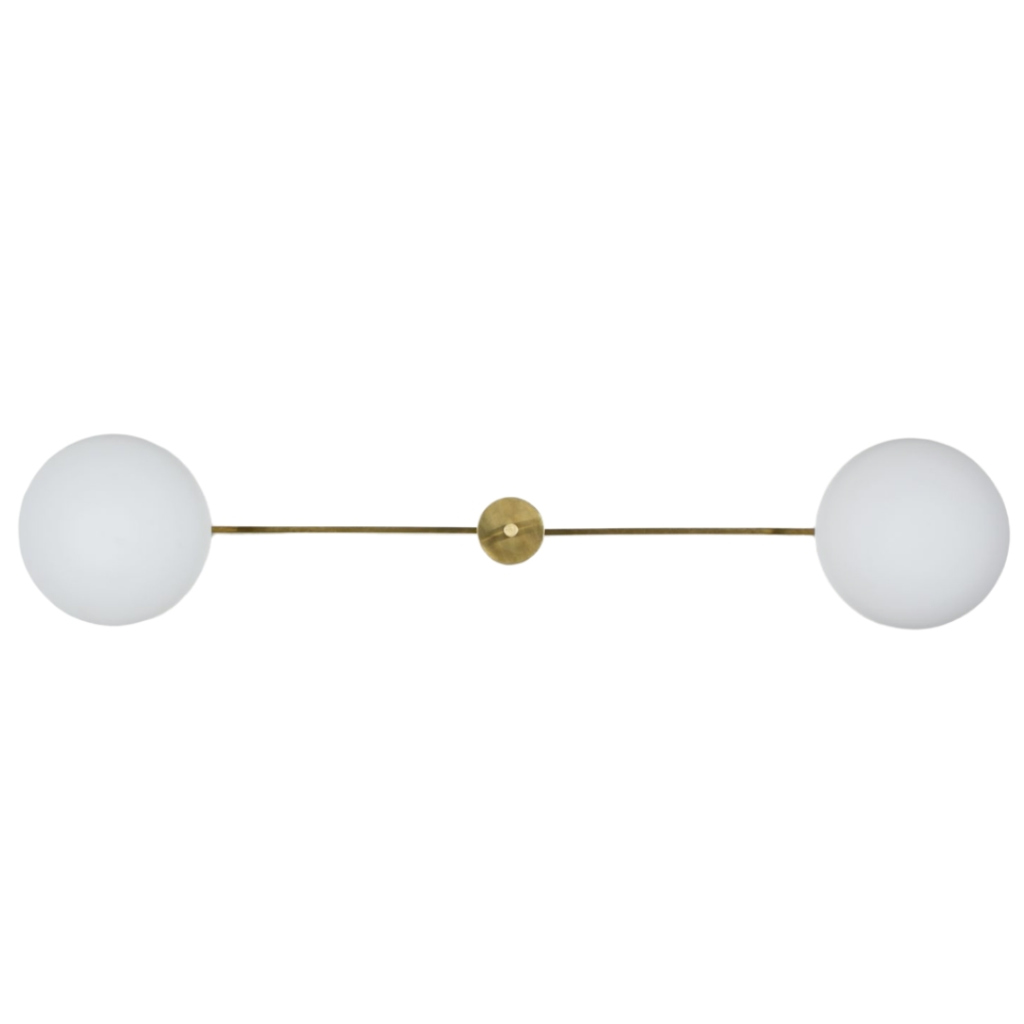I would never assume that because there's a Wegner chair in a room, other furniture must be by Wegner, too. People buy a piece of furniture for all kinds of reasons---style, price, color, whether it fits their needs or the allotted space, etc. Sometimes it's just something they were given by someone who didn't want or need it anymore. I think "because it's the same designer as the rocking chair" is probably near the bottom of the list of reasons most people give for buying a particular sideboard.
Plus, that doesn't look like any sideboard Wegner designed or would have designed. His furniture is pretty well documented.
That's a fair assumption but as far as I know there aren't many furniture shops that sell (or did sell) furniture by only one designer. They sell a mix of things so as to have the greatest appeal to the general market.
Again, Wegner's designs are well documented. He is one of the most famous Danish designers ever. If you don't see this sideboard in an image search for "Wegner sideboard", there's a reason why.
The chair is worth getting, though! (Unless it's way overpriced, of course.)
It definitely is a later piece. 20 years old seems reasonable. That specific style of rounded corner is a design element from way, way after the 1960s. It is extremely unlikely to be a designer piece, and certainly not Wegner.
The slatted doors are a strange traditionalist design element seen in early or proto Danish Modern or whatever you want to call it from the 1930s or so. Mogens Koch bookcases are an example. In fact compare those knobs to his too. (It is hard to find the Mogens Koch wall system drawer pieces with those knobs. The knobs were very present in the units first shown in the Guild exhibition, but I am guessing they did not sell well so you just don't see many of them).
The legs and apron look reasonably 1960s-ish though.
It is real stylistic mishmash, like a saga of the rise and fall of Danish modern. Odd.
Oh, and Spanky, based on a fairly broad sampling of 1950s and 1960s era catalogs not a single Danish retailer sold only one designer. The only way one might have been able to see a single designer showroom or catalog would have been to go to a maker's shop or catalog. For instance, Johannes Hansen, in say 1960, would only have had Hans Wegner. But many makers also worked with multiple designers, especially the factory makers (and of course there were single designer factories too, like Fredericia Stolefabrik & Mogensen in 1960). The cabinetmakers were the ones who sometimes focussed on collaboration with one designer, but even then that tended to be an exception limited to the best selling, most successful designer & maker collaborations in their most golden years.
If you need any help, please contact us at – info@designaddict.com



